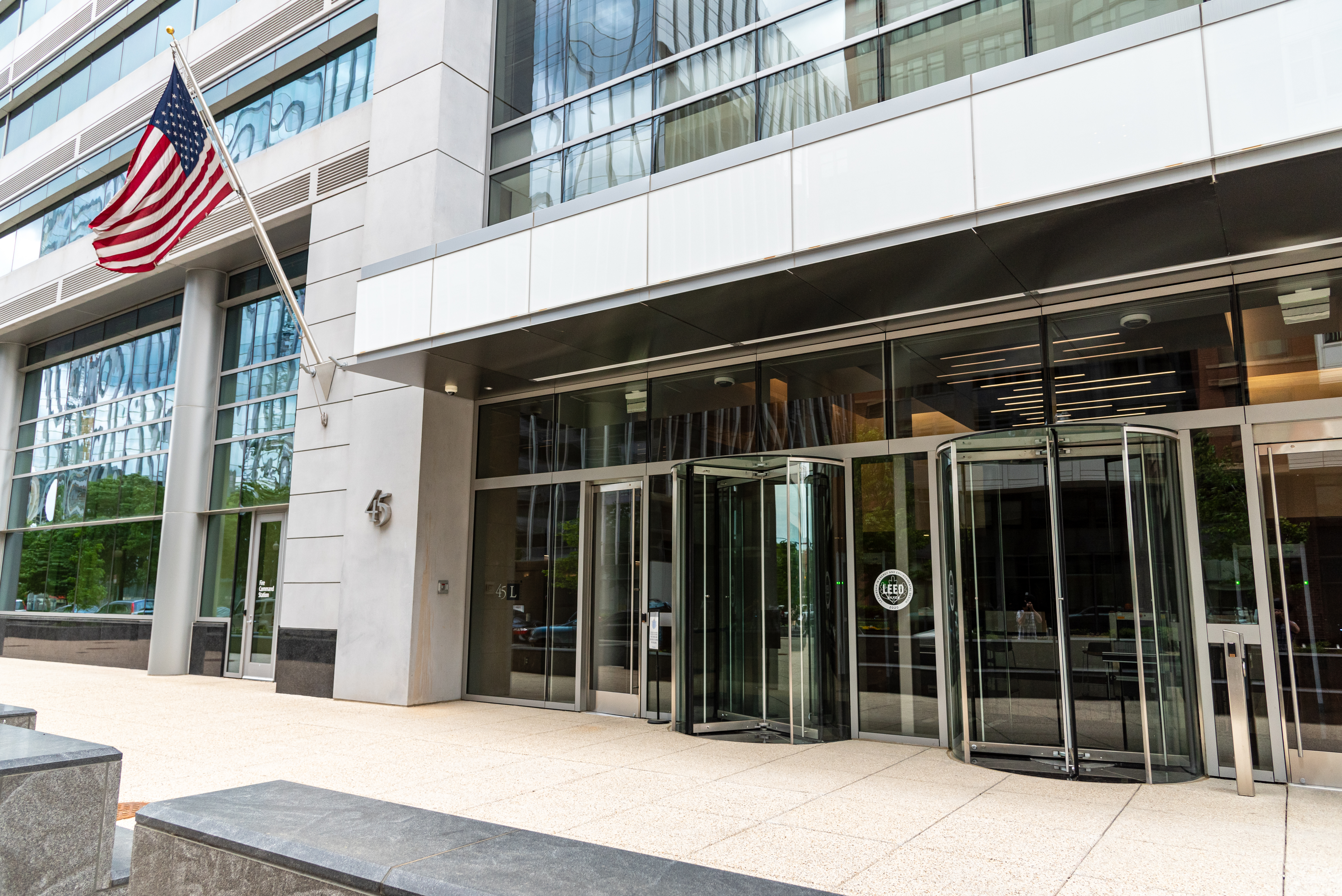FCC Adopts New Licensing Framework for Lower 37-GHz Band
New framework effectively opening up 600 megahertz of spectrum for new commercial services like wireless broadband and IoT

WASHINGTON—The Federal Communications Commission has adopted a new licensing framework and new sharing rules for the lower 37-GHz spectrum band that the agency said will spur innovation and support the development of the Internet of Things (IoT), wireless broadband and internet backhaul connections and provide greater capacity for mobile systems.
FCC Chair Brendan Carr and commissioners Geoffrey Starks, Nathan Simington, and Anna Gomez voted to approve the Report and Order, which can be found here.
The lower 37-GHz band (37-37.6 GHz) is currently shared by the government and commercial entities, but there are no clear sharing rules for this spectrum, which the FCC said is keeping companies from moving forward with deployments.
To promote access to this spectrum by a wide variety of entities, support innovative uses of the band, and help ensure that spectrum is widely utilized, the FCC reported that the new licensing framework for this band, effectively opens up 600 megahertz of spectrum for new commercial services.
The new rules establish a licensing framework to require users to obtain a nationwide, non-exclusive license, coordinate sites on an individual basis, and then register those sites, the FCC said.
The order prioritizes military use of the 37 to 37.2 GHz portion of the band, establishes coordination processes and requires licensees to start operations within a year of registering a site. The agency will also take further public comment on issues related to emission limits, the coordination mechanism and a potential transition to a dynamic spectrum management system.
Get the TV Tech Newsletter
The professional video industry's #1 source for news, trends and product and tech information. Sign up below.
George Winslow is the senior content producer for TV Tech. He has written about the television, media and technology industries for nearly 30 years for such publications as Broadcasting & Cable, Multichannel News and TV Tech. Over the years, he has edited a number of magazines, including Multichannel News International and World Screen, and moderated panels at such major industry events as NAB and MIP TV. He has published two books and dozens of encyclopedia articles on such subjects as the media, New York City history and economics.

